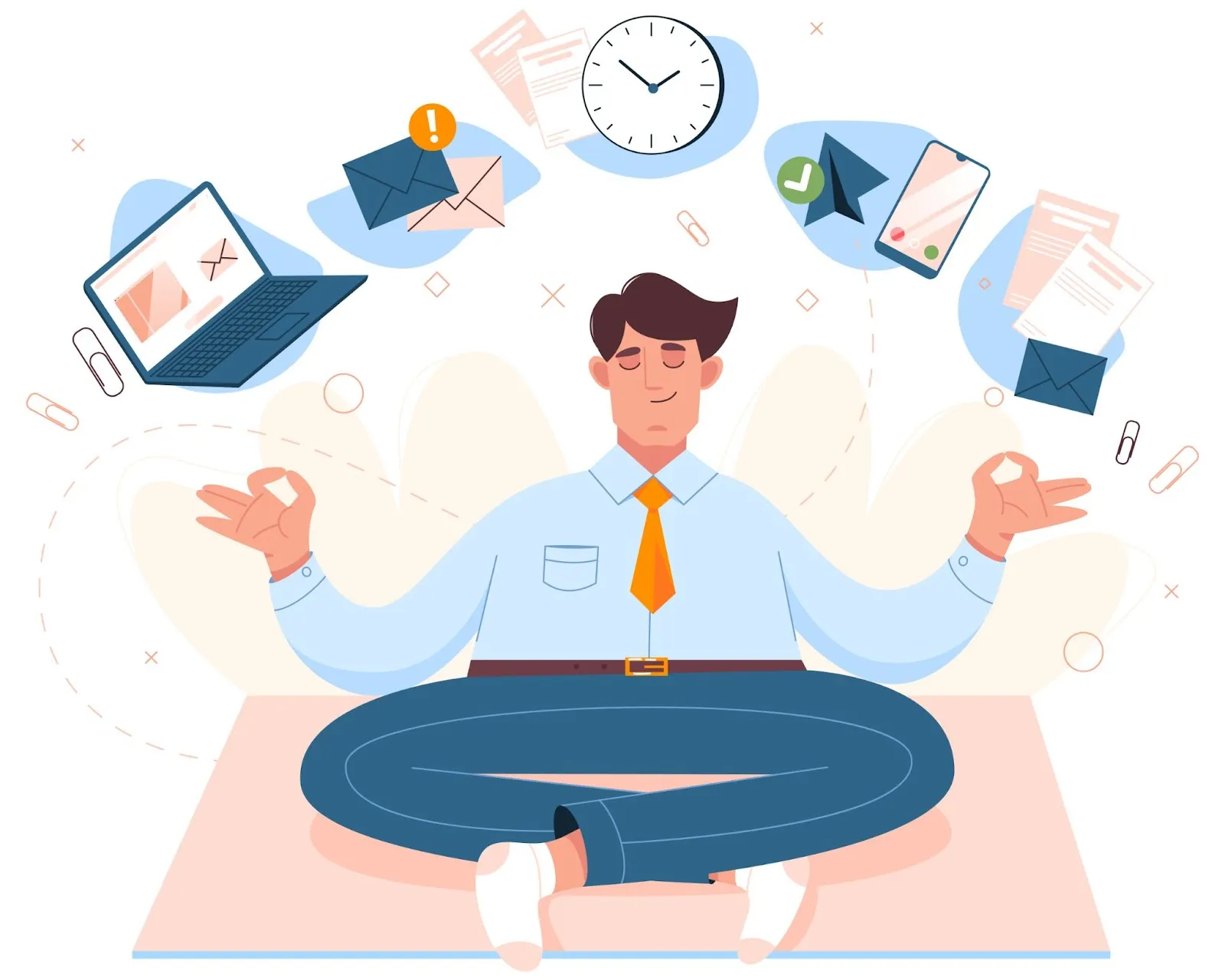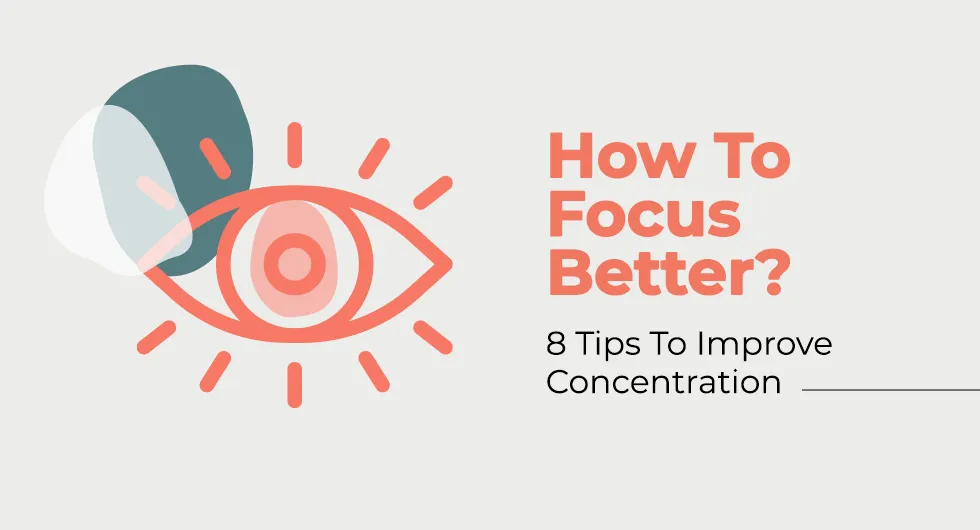In today’s fast-paced and demanding world, mastering efficient work habits is essential for success. Whether you’re navigating a corporate environment, freelancing, or pursuing academic goals, effective work practices can help you achieve more in less time while maintaining a healthy work-life balance. This article explores actionable strategies to cultivate efficient work habits and boost productivity without burnout.
1. Prioritize Tasks with Purpose
Efficient work begins with clear prioritization.
- Use the Eisenhower Matrix: Categorize tasks into four quadrants—urgent and important, important but not urgent, urgent but not important, and neither. Focus your energy on tasks in the first two quadrants.
- Set Daily Goals: Begin each day by outlining three primary objectives. This approach ensures you tackle the most critical tasks first.
- Limit Multitasking: Contrary to popular belief, multitasking reduces efficiency. Concentrate on one task at a time for better results.
2. Implement Time Management Techniques
Managing your time wisely is crucial for maintaining focus and achieving goals.
- Adopt the Pomodoro Technique: Work in focused 25-minute intervals followed by 5-minute breaks. This method helps sustain attention and prevent burnout.
- Batch Similar Tasks: Group tasks that require similar skills or tools to reduce mental switching costs. For example, dedicate specific blocks of time to answering emails or brainstorming ideas.
- Use Time-Blocking: Allocate specific hours in your schedule for different tasks. This structure minimizes distractions and provides a clear roadmap for the day.
3. Create a Conducive Workspace
Your environment plays a significant role in your productivity.
- Minimize Distractions: Remove unnecessary items from your desk and use noise-canceling headphones if needed.
- Ergonomic Setup: Ensure your workspace is comfortable and supportive. Use a proper chair, adjust screen height, and maintain good posture.
- Personalize Your Space: Add elements like plants or motivational quotes to make your workspace inviting and inspiring.
4. Develop a Morning Routine
A strong morning routine sets the tone for a productive day.
- Start with Physical Activity: Exercise, even for 10–15 minutes, can boost energy and mental clarity.
- Practice Mindfulness: Spend a few moments meditating or journaling to center your thoughts.
- Plan Your Day: Review your to-do list and schedule to establish a clear plan of action.
5. Leverage Technology Wisely
Technology can enhance or hinder productivity, depending on how it’s used.
- Use Productivity Apps: Tools like Trello, Asana, or Notion help organize tasks and track progress.
- Automate Repetitive Tasks: Utilize software or tools to automate emails, data entry, or scheduling.
- Limit Screen Time: Set boundaries for social media and non-essential digital activities during work hours.
6. Master the Art of Delegation
Recognizing when to delegate is a critical skill for efficiency.
- Identify Delegable Tasks: Assess which tasks can be handled by others without compromising quality.
- Provide Clear Instructions: Ensure tasks are delegated with specific guidelines and deadlines.
- Trust Your Team: Empower colleagues or team members to take ownership of their responsibilities.
7. Practice Regular Breaks
Continuous work without breaks can lead to diminishing returns.
- Follow the 90-Minute Rule: Research suggests that working in 90-minute intervals, followed by 15–20 minute breaks, optimizes focus and productivity.
- Step Outside: Spending time outdoors during breaks can rejuvenate your mind and improve creativity.
- Incorporate Micro-Breaks: Take short pauses to stretch or hydrate every 20–30 minutes to stay energized.
8. Cultivate Healthy Habits
Your physical and mental well-being directly impacts your work efficiency.
- Eat Nutritiously: Fuel your body with balanced meals and snacks to maintain energy throughout the day.
- Stay Hydrated: Dehydration can reduce concentration and productivity. Keep a water bottle within reach.
- Prioritize Sleep: Aim for 7–8 hours of quality sleep each night to enhance focus and decision-making.
9. Focus on Continuous Improvement
Efficiency is a skill that develops over time.
- Reflect on Your Day: At the end of each day, evaluate what went well and what could be improved.
- Seek Feedback: Regularly ask for input from colleagues or mentors to identify blind spots.
- Learn New Skills: Attend workshops, read books, or take courses to stay updated and improve your work practices.
10. Embrace a Growth Mindset
A positive attitude fosters resilience and adaptability.
- Reframe Challenges: View obstacles as opportunities to learn and grow.
- Celebrate Small Wins: Acknowledge and reward yourself for progress, no matter how minor.
- Stay Open to Change: Be willing to adapt your strategies as your goals and circumstances evolve.
11. Limit Perfectionism
Striving for perfection can hinder productivity and cause unnecessary stress.
- Set Realistic Standards: Aim for excellence rather than unattainable perfection.
- Recognize Progress: Focus on completing tasks to the best of your ability within the time available.
- Avoid Overthinking: Trust your instincts and move forward with decisions confidently.
12. Build Strong Boundaries
Balancing work and personal life is key to sustaining long-term productivity.
- Set Clear Working Hours: Define when your workday begins and ends to avoid overworking.
- Learn to Say No: Politely decline tasks or commitments that don’t align with your priorities.
- Unplug After Hours: Disconnect from work-related communications during your personal time.
13. Stay Organized
Disorganization can lead to wasted time and frustration.
- Declutter Regularly: Keep your workspace and digital files tidy and organized.
- Create Checklists: Use checklists to track progress and ensure no task is overlooked.
- Plan Ahead: Schedule important tasks and deadlines well in advance.
14. Stay Motivated
Maintaining motivation is essential for consistent efficiency.
- Set Long-Term Goals: Break them into smaller, manageable milestones to stay focused.
- Visualize Success: Picture the outcomes of your hard work to stay inspired.
- Surround Yourself with Positivity: Engage with supportive colleagues, mentors, or motivational content.
15. Know When to Rest
Burnout can undo all your efforts toward efficiency.
- Recognize the Signs: If you feel consistently tired, unmotivated, or irritable, it’s time to pause.
- Take Vacations: Use time off to recharge and return to work with renewed energy.
- Practice Self-Compassion: Allow yourself grace during challenging periods and celebrate progress rather than perfection.
Conclusion
Efficient work habits are a combination of strategic planning, self-discipline, and self-care. By prioritizing tasks, managing time effectively, and fostering a positive work environment, you can maximize productivity without sacrificing your well-being.
Remember, efficiency isn’t about doing more—it’s about doing what matters most with intention and focus. Implement these strategies gradually, and watch your productivity soar while maintaining a balanced and fulfilling lifestyle.




